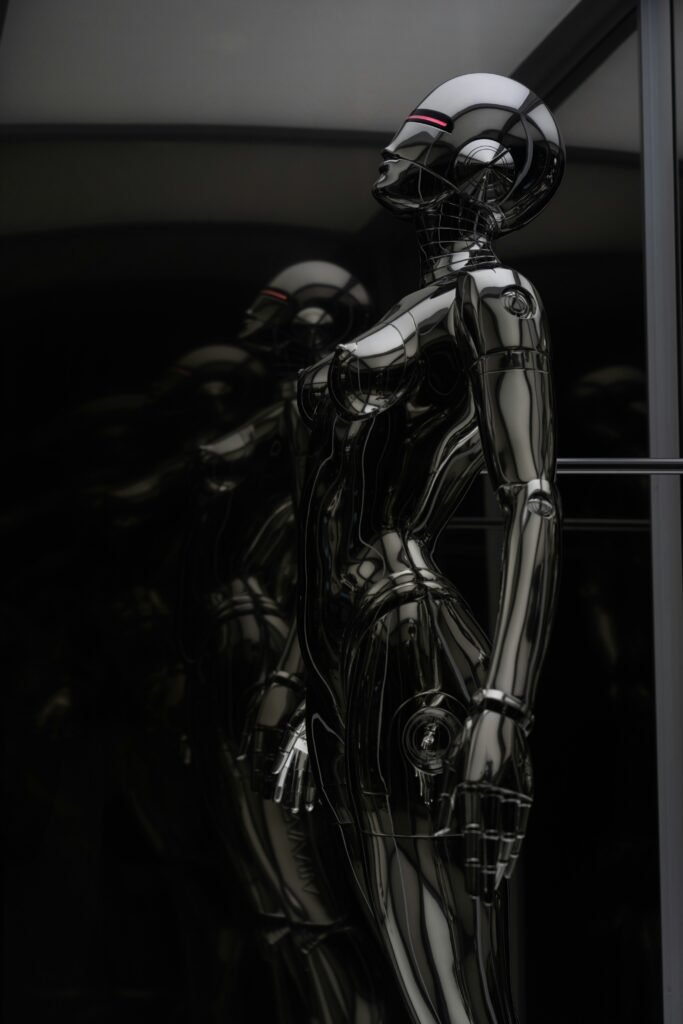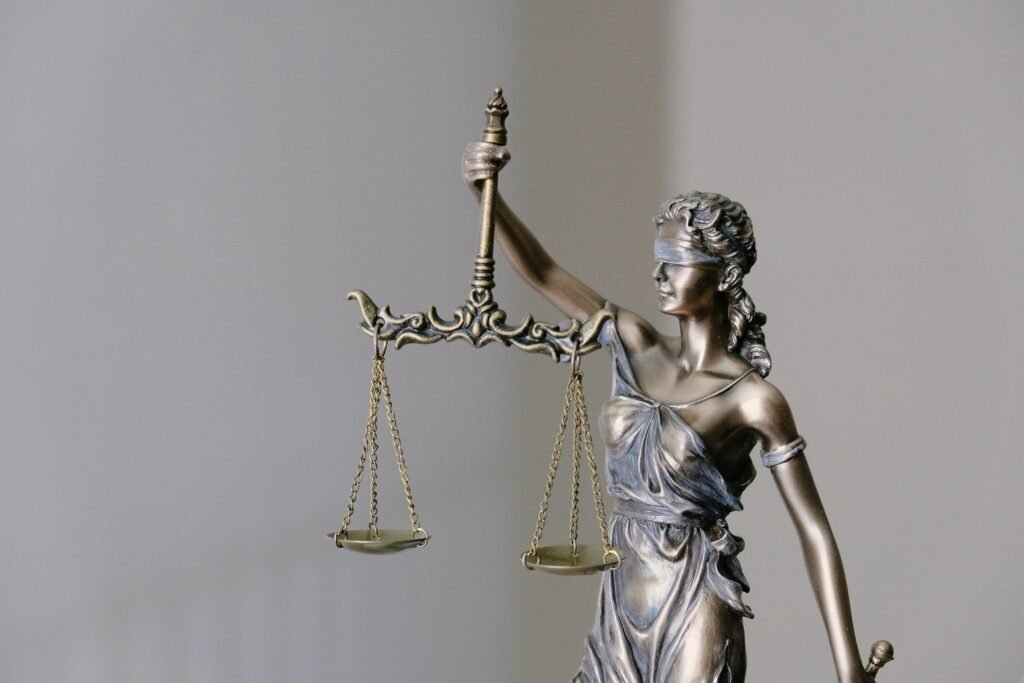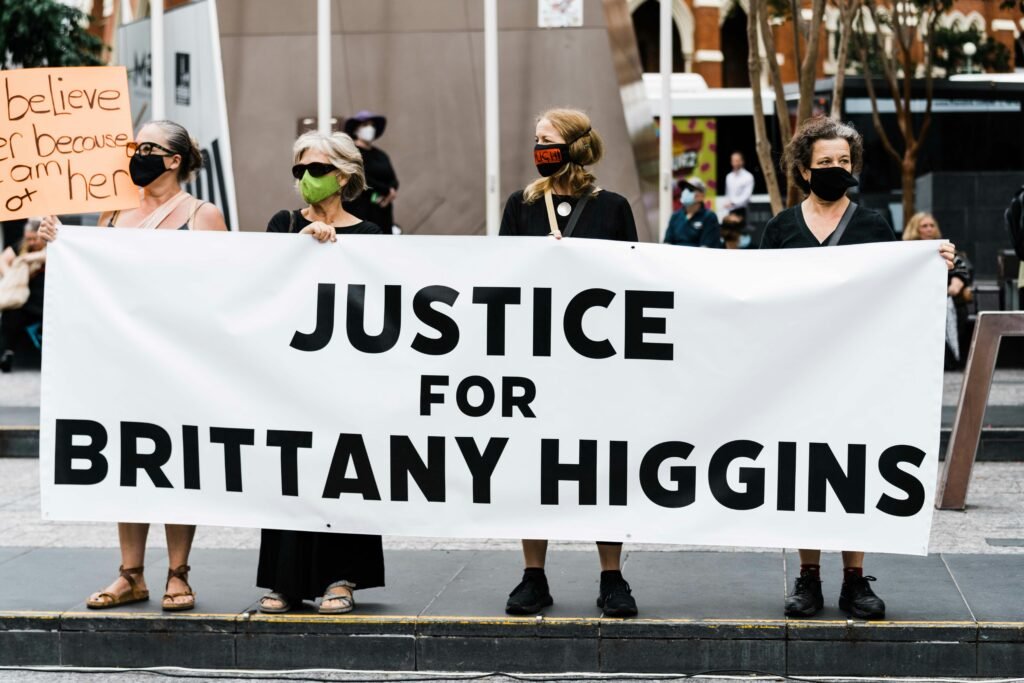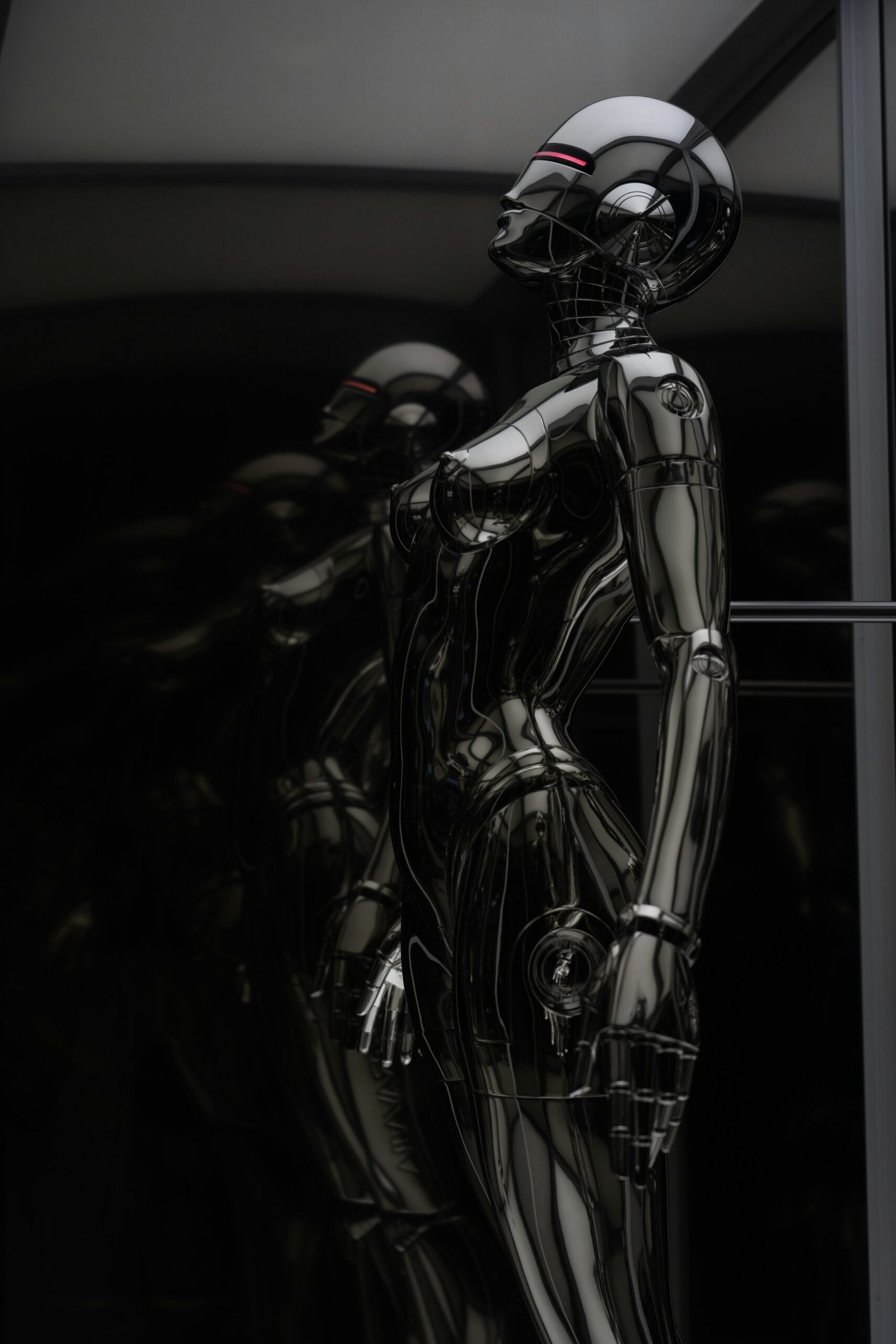Imagine a world where a single technology holds the power to change the course of someone’s life, where a mere algorithm determines their fate. This is the reality we face with unregulated and untested AI technologies in criminal cases. The potential dangers are alarming, as wrongful convictions have occurred due to the use of biased and inaccurate facial recognition technology, especially when it comes to individuals of Black and Asian descent. The consequences are dire and far-reaching, with innocent lives at stake. Cases like Porcha Woodruff and Michael Williams shed light on the perils of relying too heavily on AI technology. Thankfully, organizations like the Innocence Project are advocating for reform, urging a moratorium on facial recognition technology and increased transparency in the use of AI. Through collaboration and data collection efforts, we can work towards a system that protects the innocent and upholds justice.
The dangers of unregulated and untested AI technologies in criminal cases
Artificial intelligence (AI) technologies have rapidly evolved over the years, offering new possibilities and advancements in many fields. However, when it comes to the criminal justice system, the use of unregulated and untested AI technologies can pose significant dangers. In recent years, these technologies have led to wrongful convictions and highlighted the urgent need for comprehensive reform.
Unregulated and untested AI technologies have led to wrongful convictions
One of the most alarming consequences of unregulated and untested AI technologies in criminal cases is the potential for wrongful convictions. In the pursuit of justice, it is essential to rely on accurate and reliable evidence. Unfortunately, without proper regulation and testing, AI technologies used in criminal investigations can produce flawed results.
The use of technology like facial recognition algorithms has become increasingly prevalent in identifying individuals from images or videos. However, studies have shown that these algorithms can be highly inaccurate, especially when it comes to identifying faces of Black and Asian individuals. This inherent bias within the technology can lead to misidentifications and wrongful convictions.
Facial recognition technology inaccuracies, particularly for Black and Asian individuals
Facial recognition technology has proven to be a powerful tool for law enforcement agencies. It enables quick identification and potentially assists in solving crimes. However, the accuracy of this technology has been called into question, particularly when it comes to people of color.
Studies have revealed that facial recognition algorithms exhibit biases that disproportionately misidentify Black and Asian individuals. This biased technology poses a significant risk for wrongful accusations and potentially further perpetuates systemic racism within the criminal justice system. It is essential to recognize these inaccuracies and address the underlying biases within AI technologies to ensure fair and just outcomes in criminal cases.

Biased technology contributing to false accusations, especially against Black individuals
The use of biased technology in criminal investigations has not only resulted in misidentifications but has also led to false accusations, primarily targeting Black individuals. This is an alarming issue that can have severe consequences for innocent individuals who find themselves caught in the crosshairs of flawed AI technologies.
Historically, there has been a prevalence of racial bias within the criminal justice system. The introduction of AI technologies in criminal investigations has the potential to exacerbate this issue. Without proper oversight and regulations, biased algorithms can perpetuate stereotypes and further marginalize communities of color. This highlights the urgent need to address these biases and ensure that AI technologies are used responsibly and ethically.
AI creating unconscious bias and leading to tunnel vision in criminal investigations
Another danger of unregulated and untested AI technologies in criminal cases is their potential to create unconscious bias and lead to tunnel vision during investigations. AI systems are programmed to analyze vast amounts of data and make connections between different pieces of information. However, this process is not foolproof and can result in skewed perspectives.
AI technologies can inadvertently reinforce existing biases within the criminal justice system. By relying too heavily on automated systems, investigators risk overlooking important evidence or alternative explanations, leading to tunnel vision and potential wrongful convictions. It is crucial to recognize the limitations of AI and ensure that human judgment and critical thinking play a central role in criminal investigations.

Cases like Porcha Woodruff and Michael Williams highlight the dangers of overreliance on AI technology
The dangers of overreliance on unregulated and untested AI technologies are not just theoretical concerns; they are grounded in real-life cases. Take, for example, the cases of Porcha Woodruff and Michael Williams, both of whom were wrongfully convicted due to flawed AI technologies.
Porcha Woodruff, an innocent Black woman, faced a wrongful conviction after facial recognition technology misidentified her as a suspect. This glaring error showcases the potential consequences of relying on unreliable AI algorithms without proper regulation and testing.
Similarly, Michael Williams, another victim of flawed AI technology, spent years behind bars for a crime he did not commit. The unjust reliance on AI systems in his case highlights the dangers of rushing to judgment without fully understanding the limitations and potential biases of these technologies.
The Innocence Project advocates for a moratorium on facial recognition technology
Recognizing the potential dangers posed by unregulated AI technologies, the Innocence Project, a nonprofit organization dedicated to exonerating wrongfully convicted individuals, has been advocating for a moratorium on the use of facial recognition technology in criminal cases. They argue that until these technologies can be proven reliable and unbiased, their use in the criminal justice system should be suspended.
The Innocence Project’s call for a moratorium stems from the inherent flaws within facial recognition algorithms, especially in their accuracy with Black and Asian individuals. By urging caution and restraint, the organization aims to prevent further injustices and protect innocent individuals from falling victim to flawed AI technologies.

Transparency in the use of AI in criminal cases is crucial
In addition to a moratorium, ensuring transparency in the use of AI technologies in criminal cases is essential. Law enforcement agencies and other organizations employing AI systems must be open about their methodologies, data sources, and potential biases associated with the technologies they utilize.
Transparency allows for increased scrutiny and accountability, while also providing an opportunity to identify and rectify any potential biases within AI technologies. By fostering transparency, we can begin to build trust and confidence in the use of AI in the criminal justice system, ensuring its responsible and equitable application.
Collaboration with partners in enacting reforms
Addressing the dangers of unregulated and untested AI technologies in criminal cases requires collaboration among various stakeholders. Law enforcement agencies, technology developers, community organizations, and policymakers must come together to enact meaningful reforms.
By engaging in open and constructive dialogue, these partners can work together to establish guidelines, regulations, and standards to govern the use of AI technologies in the criminal justice system. Collaboration enables the pooling of expertise, resources, and perspectives to ensure that AI is used ethically, accurately, and fairly in criminal investigations.
Data collection efforts to protect innocent individuals from wrongful convictions
Data collection efforts also play a vital role in protecting innocent individuals from wrongful convictions caused by flawed AI technologies. Collecting comprehensive and representative data can help uncover biases and inaccuracies within AI algorithms.
By analyzing the data, researchers and policymakers can identify potential shortcomings in AI systems and work towards improving their accuracy and fairness. Transparent and standardized data collection practices are crucial for developing reliable AI technologies that do not perpetuate biases or jeopardize the lives of innocent individuals.
Steps to regulate and test AI technologies in criminal cases
To address the dangers of unregulated and untested AI technologies in criminal cases, several steps must be taken:
-
Regulation: Implementing strict regulations and guidelines on the use of AI in criminal cases can help ensure that these technologies are used responsibly and ethically. This includes scrutiny of the algorithms employed, testing methodologies, and data sources to minimize biases and inaccuracies.
-
Testing and Validation: Before deploying AI technologies in the criminal justice system, rigorous testing and validation should be conducted. This process involves assessing accuracy, evaluating potential biases, and verifying the reliability of the technology in various scenarios. Independent third-party validation can provide an unbiased assessment of the technology’s capabilities and limitations.
-
Bias Recognition and Mitigation: AI algorithms should be designed to recognize and mitigate biases. Ongoing research and development efforts should focus on integrating fairness and accountability into AI systems. Regular audits and continuous improvement of algorithms should be undertaken to minimize biases and ensure equitable outcomes.
-
Ethical Use Frameworks: Developing ethical use frameworks specific to AI technologies in criminal cases is crucial. These frameworks should emphasize the importance of human judgment, critical thinking, and the responsible use of AI technology as a tool to aid investigations. Adhering to ethical use frameworks can prevent overreliance on AI and mitigate potential risks and injustices.
-
Education and Training: Comprehensive education and training programs should be implemented to enhance the understanding of AI technologies among those working within the criminal justice system. This includes judges, prosecutors, defense attorneys, and law enforcement officers. Increased awareness of the limitations and potential biases of AI can facilitate informed decision-making and minimize the dangers associated with unregulated and untested technologies.
By taking these steps, society can ensure that AI technologies in criminal cases are subjected to rigorous scrutiny, regulated effectively, and tested thoroughly. Implementing comprehensive reforms will protect innocent individuals from the risks associated with flawed AI technologies, ultimately promoting fairness and justice within the criminal justice system.
In conclusion, the dangers of unregulated and untested AI technologies in criminal cases should not be underestimated. From wrongful convictions to biased accusations, the implications are far-reaching and require urgent attention. By recognizing the limitations and potential biases of AI technologies, advocating for transparency and reform, and working collaboratively, we can navigate the complexities and promote the responsible use of AI in the pursuit of justice.





